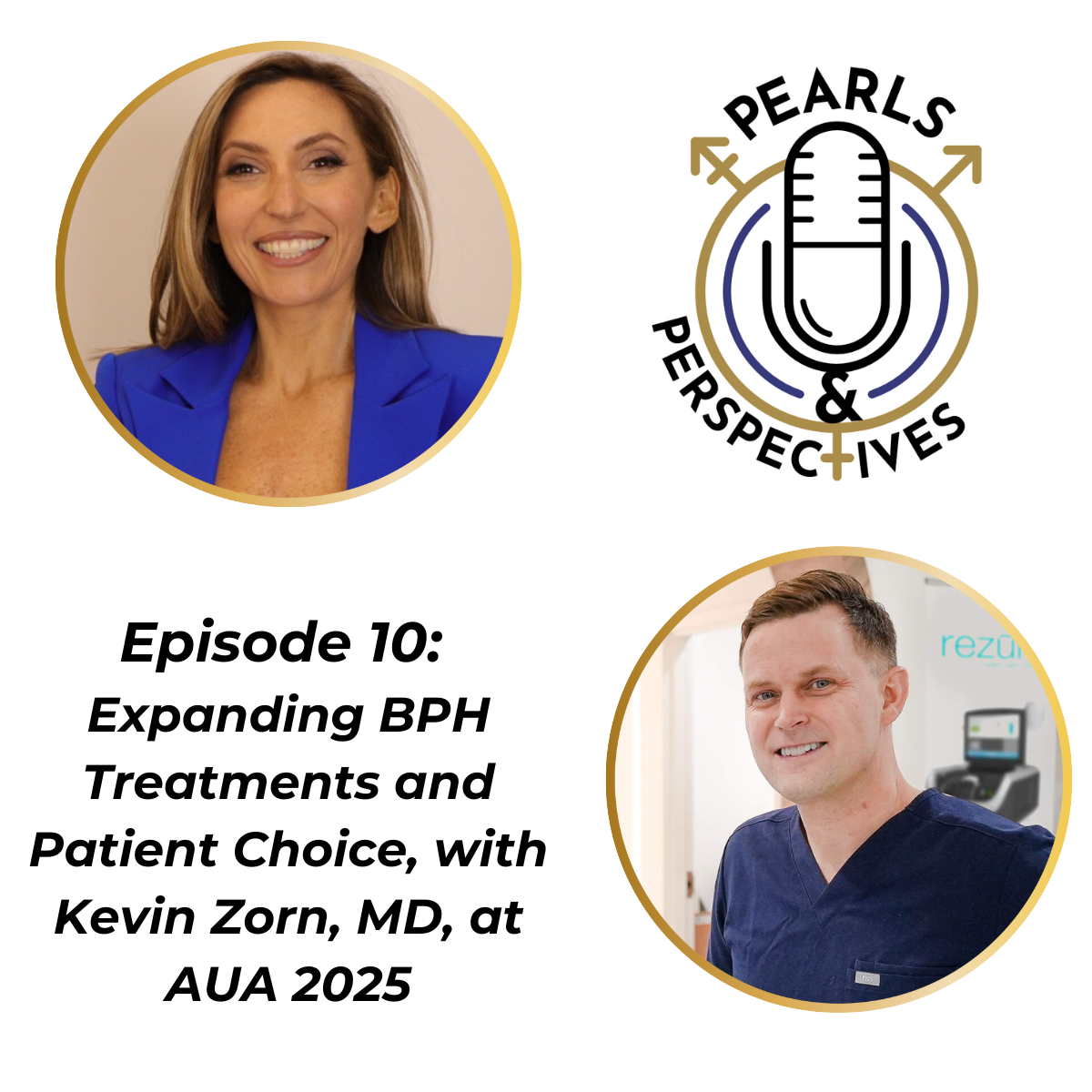News
Article
Patients with prostate cancer seek clinical trials earlier vs patients with other cancers
Author(s):
Data revealed that 49% of prostate cancer signups in clinical trials were among patients newly diagnosed with cancer, compared with 32% among patients with other solid tumors.
Patients with prostate cancer tend to pursue clinical trials earlier in their cancer journey compared with patients with other solid tumors, according to data recently presented at the 2024 American Society of Clinical Oncology Genitourinary Cancers Symposium in San Francisco, California.
Male gender alone was not shown to be a dominant factor for the difference in patient behavior.

"Many people mistakenly assume that oncology clinical trials are the last resort for patients with advanced cancer and symptoms, which often influences the stage at which patients seek potential clinical trial options. It also influences trial design that focuses on progressive and refractory late-stage diseases. However, in prostate cancer, our data clearly shows that other factors, such as prostate-sparing alternatives and improved quality of life are factors that come into play in the decision-making process," said co-founder and chief science officer at Leal Health Avital Gaziel, PhD, in a news release on the findings.2
In total, the study included 35,671 patient profiles obtained from Leal Health, an AI-based platform that matches cancer patients to clinical trials using patient-reported questionnaires, ClinicalTrials.gov, and National Comprehensive Cancer Network guidelines. Each patient profile includes information of their disease status, stage, biomarkers, treatment history, diversity, and demographics. Other solid tumors included in the study for comparison were bladder, colorectal, lung, and breast tumors.
Overall, data from the study revealed that 49% of prostate cancer signups in clinical trials were among patients newly diagnosed with cancer, compared with 32% among patients with other solid tumors (P < .0001). Among the 49% of signups from patients with prostate cancer, 77% of patients were in the early stage of disease. Of the 32% of patients with other solid tumors, 55% had early-stage disease.
The results from the study also showed that male gender alone was not a dominant factor for the difference in patient behavior.
The investigators also noted significantly fewer available prostate cancer clinical trials for newly diagnosed patients compared with cases of relapsed or refractory disease (P < .0001). Compared with newly diagnosed patients, the number of matched trials was 1.61 times greater for patients with relapsed or refractory prostate cancer and 2.08 times greater for patients with other solid tumors (both P < .001). In general, the number of matched trials was 1.32 times greater for patients with other solid tumors compared with patients with prostate cancer (P < .0001).
Gaziel added in the news release, "Despite the major interest coming from patients, there are fewer prostate cancer trial options available to newly diagnosed patients. The results of our study showed a shift in conventional timelines usually seen in patient decision-making processes, possibly reflecting dissatisfaction with available standard treatments and presenting an opportunity for innovation in the space. Leal Health remains committed to improving and increasing access to clinical trials through a patient-first approach by identifying and investigating barriers to access and ultimately providing effective solutions for patients in need."2
Additional data from the study showed that patients with prostate cancer generally received a diagnosis in earlier stages and with better performance status compared with patients with other cancer types (P < .001) for both). Specifically, 51% of patients with newly diagnosed prostate cancer were stage 1, compared with 35% of patients with other solid tumors. Further, 12% of patients with newly diagnosed prostate cancer had metastatic disease vs 26% among those with other solid tumors.
The investigators concluded, “While more research is needed, immediate implications and opportunities arise. For example, the significant representation of newly diagnosed [prostate cancer] pts in the digital space represents an opportunity to introduce [clinical trial] options to pts through this channel and invest in research and trial designs for those pt populations who are not adhering to the traditional standard of care approach before exploring [clinical trials].”1
References
1. Edry-Botzer L. Patients with prostate cancer consider clinical trial options significantly earlier in their journey compared to patients with other solid tumors. Presented at the 2024 ASCO Genitourinary Cancers Symposium. San Francisco, California. January 25-17, 2024. Abstract 305
2. Leal Health study reveals prostate cancer patients more actively engaged in seeking clinical trials significantly earlier in their journey compared to other solid tumor patients. News release. Leal Health. January 31, 2024. Accessed February 1, 2024. https://www.prnewswire.com/news-releases/leal-health-study-reveals-prostate-cancer-patients-more-actively-engaged-in-seeking-clinical-trials-significantly-earlier-in-their-journey-compared-to-other-solid-tumor-patients-302048516.html
Newsletter
Stay current with the latest urology news and practice-changing insights — sign up now for the essential updates every urologist needs.










